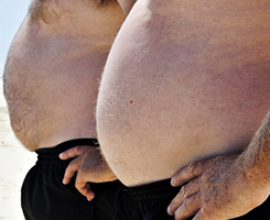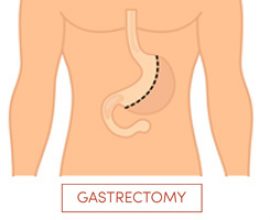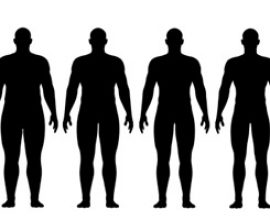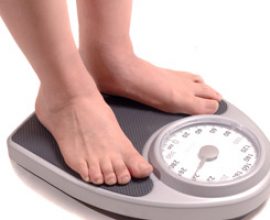Recovering from Gastric Sleeve Surgery
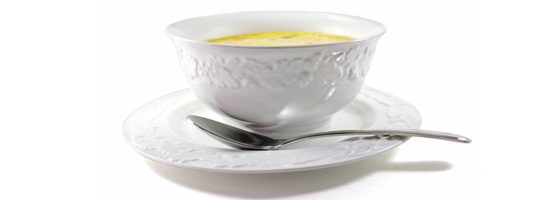
Gastric sleeve surgery is a safe and effective weight loss procedure with an incredibly high success rate. While the gastric sleeve is minimally invasive compared to other forms of bariatric surgery, it is still a major procedure that requires ample recovery time. Moreover, bariatric procedures like the gastric sleeve require a lifestyle change to maximize results and boost success. Read on to discover what recovering from a gastric sleeve procedure entails.
Pain Management
First and foremost, since the gastric sleeve procedure requires several incisions be made in the abdomen, recovery will involve moderate pain. Pain medication will be administered in the surgical center, and you will be provided with a prescription for pain management. For most recipients of the gastric sleeve procedure, pain at the incision points will peak three to six days following the procedure. Afterwards, pain should slowly subside as healing progresses. Pain that is accompanied by fever, nausea, and vomiting is not normal and require you contact your surgeon or primary care physician for medical attention.
Diet
In the initial period of recovery, your surgeon will not allow you to have food as the digestive tract is not healed enough function. One day following your surgery, your diet will likely be advanced to clear liquids, including broth and strained clear soups. The next diet advancement will likely be to full liquids, such as milk and creamed soups.
Two to four weeks following your procedure, pureed foods will make up the bulk of your diet. Unlike hard or fibrous foods, pureed foods do not threaten to rupture sutures in the digestive tract. Soft foods such as softer fruits, beans, yogurt, and oatmeal can be tolerated in addition to pureed meats and vegetables. Full and clear liquids are still recommended at this point to supplement pureed foods.
When your doctor believes you are ready, he will advance you to a mechanically altered diet that includes chopped or ground meats, cooked vegetables, and soft fruits. Tolerating this diet for a few weeks is a good indication to your doctor that you can be advanced to a more normal diet.
Movement and Physical Activity
Strenuous activity is not recommended once you arrive home. It is important not to walk or climb stairs too quickly, run, or twist your abdomen quickly. Not only does this cause pain, but it poses the risk of rupturing sutures. Your doctor will clear you for exercise and more rigorous physical activity when he feels you are healed enough to handle it.
Related Posts
5 Risks of Obesity
How Sleeve Gastrectomy Works
The Advantages of Orbera
Are You a Candidate for Sleeve Surgery?
Contact Info
3420 Bristol St #700, Costa Mesa, CA 92626, USA
Orange Location
1310 W Stewart Dr. Suite 310, Orange, CA 92868, USA
*DISCLAIMER
In compliance with 16 CFR 255 and Federal Trade Commission Guidelines on the use of endorsements and testimonials in the marketing and advertising of websites:
The testimonials, statements, and opinions presented on our website are only applicable to the individuals depicted, and may not be representative of the experience of others. The testimonials are voluntary provided and are not paid, nor were they provided with free products, services, or any benefits in exchange for said statements. The testimonials are not indicative of future results or success of any other individuals. South Coast Specialty Surgery Center cannot and does not guarantee the medical outcome or the results of individuals utilizing the services provided by us or the providers in our network, or from any of the websites we link, or refer to. The testimonials and endorsements found on the site for the benefit of the site or individual services or procedures are, to the best of our knowledge, the true statements and beliefs of the individuals providing them. In short, surgery involves risk, results may vary, and outcomes are not guaranteed.
Some pages of this website may feature a depiction of a model showing emphasis of the torso. Product names may be mentioned in testimonials or elsewhere, and are trademarks or registered trademarks of their respective holders. Please refer to our Terms and Risks of Surgery pages for more information. Gastric Sleeve Surgery Centers performs Gastric Sleeve Surgery in Orange County, San Diego, Los Angeles, Riverside County and other location in Southern
California.

